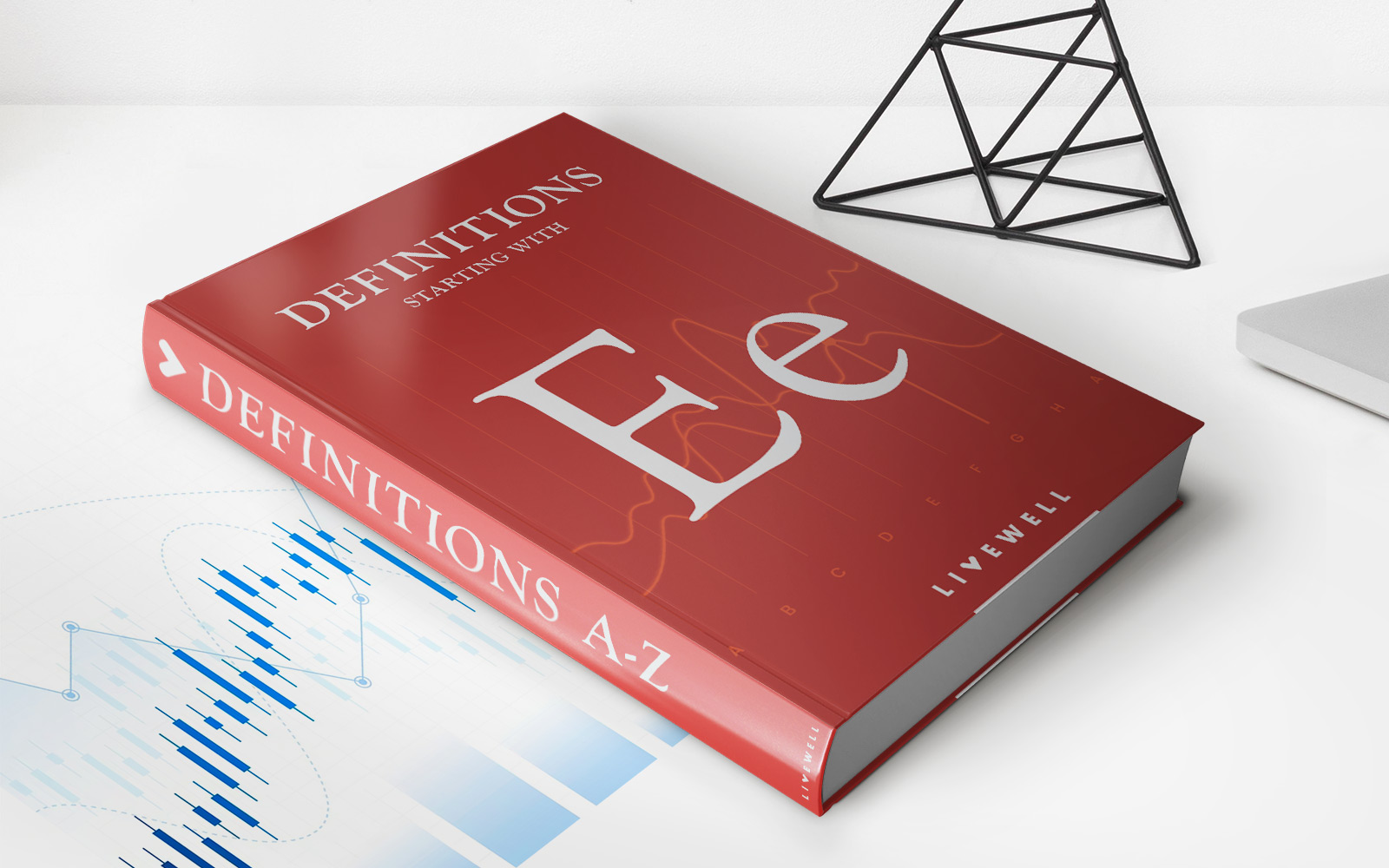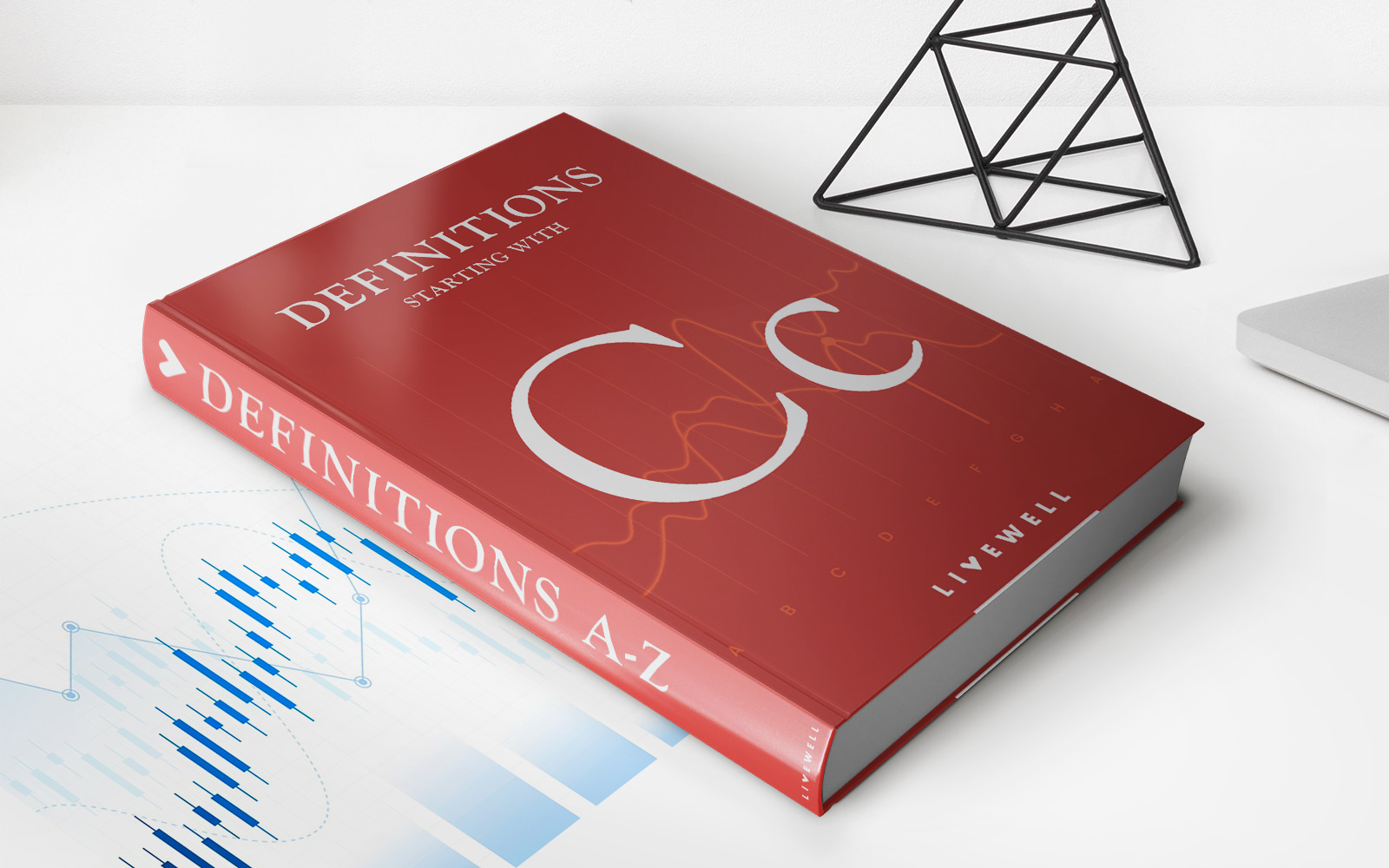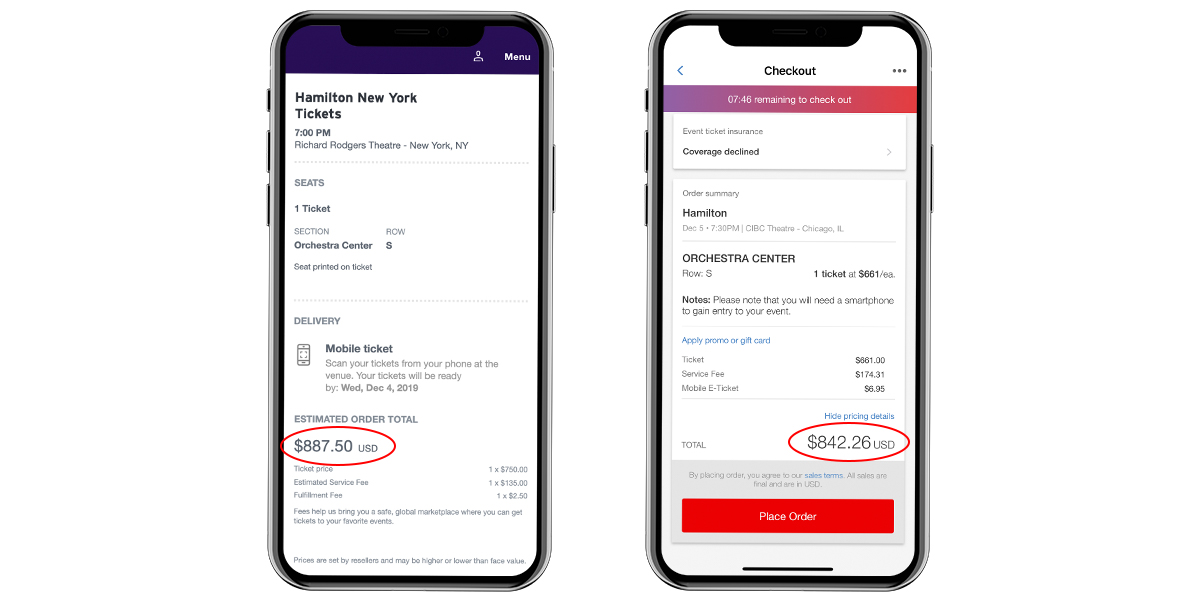

Finance
Euroequity Definition
Published: November 19, 2023
Discover the meaning and importance of Euroequity in the world of finance. Gain valuable insights about this financial term and its implications.
(Many of the links in this article redirect to a specific reviewed product. Your purchase of these products through affiliate links helps to generate commission for LiveWell, at no extra cost. Learn more)
Understanding Euroequity: A Comprehensive Guide to its Definition and Implications
Welcome to our finance blog series! In this edition, we delve into the world of Euroequity and provide an insightful overview of its definition, significance, and implications. If you’ve ever been curious about this term and how it affects the financial landscape, you’re in the right place!
Key Takeaways:
- Euroequity refers to the issuance of stocks or company ownership in multiple European countries.
- It allows companies to expand their investor base and access capital from a broader market.
So, what exactly is Euroequity? Essentially, Euroequity is the term used to describe the practice of issuing stocks or company ownership across multiple European countries. This strategy enables companies to broaden their investor base and access capital from a more extensive market.
One of the primary advantages of Euroequity lies in its ability to tap into the diverse European investor pool. By offering stocks in different countries, companies can attract investors who are searching for promising opportunities beyond their local markets.
Additionally, Euroequity presents businesses with opportunities for growth and expansion. Access to a broader range of investors allows companies to raise more capital, which can be utilized for research and development, acquisitions, or other strategic initiatives.
But how does Euroequity work? Great question! Here’s a breakdown:
- International Issuance: Companies seeking to engage in Euroequity will issue securities in various European countries simultaneously or sequentially, based on their expansion plans and regulatory requirements. This multi-country issuance spreads the investment opportunity to investors across borders.
- Regulatory Considerations: Euroequity issuances involve careful consideration of legal and regulatory frameworks in each country where the stocks are being offered. Companies must comply with different listing requirements, disclosure regulations, and financial reporting standards.
- Investor Access: Through Euroequity, companies gain wider access to potential investors who may find value in their stocks. Investors, on the other hand, benefit from diversification opportunities tied to different European markets and their associated risks.
- European Union Impact: Euroequity is closely tied to the European Union’s goal of promoting a single capital market within the region. By facilitating cross-border investments, it aims to create a more integrated and efficient financial market across Europe.
While Euroequity presents exciting opportunities, it also poses challenges that need careful consideration. Companies must navigate the complexities of differing legal requirements, language barriers, and cultural norms across the participating countries.
The Future of Euroequity
The Euroequity landscape is continually evolving, guided by market trends, policy changes, and investor preferences. The development of Euroequity has been influenced by factors such as the European Union’s Capital Markets Union initiative, which aims to further integrate European financial markets.
As the financial landscape continues to transform, the potential for Euroequity to shape investment opportunities across Europe remains significant. With a broader investor base and increased access to capital, this practice offers companies the means to foster growth and realize their strategic ambitions.
In Conclusion
Euroequity plays a crucial role in expanding opportunities for companies and investors alike within the European market. By understanding its implications and carefully navigating the complexities involved, businesses can leverage Euroequity to access capital, broaden their investor base, and drive sustainable growth.














